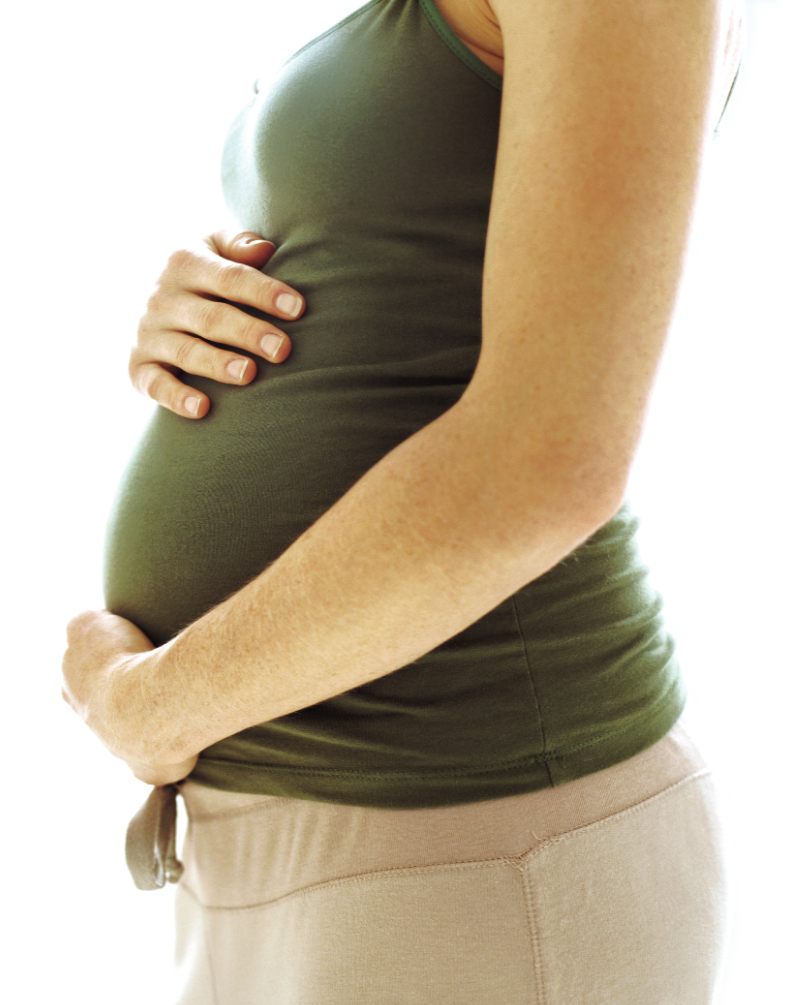Ask the experts: Bonding with baby in utero

Dr. Scott Saunders is the Health and Nutrition Advisor of […]
Dr. Scott Saunders is the Health and Nutrition Advisor of Barton Publishing, a company that promotes natural health through teaching people how to cure themselves using alternative home remedies instead of expensive and harmful prescription drugs. Saunders is the director of The Integrative Medicine Center of Santa Barbara, which balances conventional medicine with alternative healing modalities to achieve optimal wellness.

How to Develop Your Baby’s Body—and Your Bond
While your stomach grows ever larger as the nine months draw to an end, the third trimester of pregnancy can play a role in your baby’s physiology and psychology later in life and can be a key period for bonding with your child. As proven in animal studies, the choices made during this stage of pregnancy can affect brain function,long-term risk of disease, and emotion after birth.
A Time for Growth
The third trimester’s purpose is growth. The fetus is fully developed by this last trimester, meaning all parts are in place. The heart is beating; the brain is working. The fetus has hormones and sleep/wake cycles. Essentially, the baby has everything needed to be an independent being.
At this time, anything an expectant mother eats becomes part of her baby. Diet can have particular effects. Rat studies have shown that a diet high in carbohydrates, such as sugars and starches, can increase the baby’s chances of developing diabetes and metabolic diseases as an adult. A high-carb diet will also make the baby much larger. When the mother has more blood sugar, the fetus produces more insulin, a growth hormone.
Growth hormone is also released during sleep. However, rest for the baby does not necessarily mean the same for Mom, as many expectant mothers know. The fetus often sleeps while the mother is walking because of the calming rocking motions, but is wide awake and kicking while the mother is trying to rest.
The most important growth process during the last trimester of pregnancy occurs in the brain. To promote brain growth, supplements such as lecithin, (mercury-free) cod liver oil, zinc, and magnesium may be taken. Studies have indicated that children who have enough of these nutrients are more intelligent later in life.
Medicines such as sleeping pills, sedatives, anti-depressants, and antihistamines, on the other hand, should be avoided as they can negatively change the brain chemistry of the fetus. Alcohol and smoking also affect neurotransmitters in the brain and should be avoided.
Mixed Emotions
The emotions you experience during pregnancy can affect your baby as well, even after birth.
The hormones released during bouts with depression or stress go through the placenta. Adrenaline caused by stress prevents memory formation and creates more anxiety, while endorphins created by sleep and relaxation promote good memory connections in the baby’s brain. Exercise and massage can stimulate these endorphins.
A Growing Love
The last trimester is a time for more than just physical growth; it’s also developing a bond between mother and child. Talking to your baby can create a strong bond. Though the baby won’t know what you are saying, he or she will know it’s you speaking. Based on babies’ responses soon after birth, it appears they know their mothers’ voices. The mother’s voice is especially distinguishable because her voice travels throughout her body’s bones and fluids. Choose a favorite book and read. Speak in gentle tones. The tone is what is heard, not the words.
Spare Yourself Some GuiltIt’s important to note that, though these recommendations may make some difference, the mother is not the sole determinant of the entire physiology and psychology of her baby. The baby is still an individual, with his or her own genetic structures.
Mothers worry, “What did I do to cause my baby to have that problem?” Motherhood is hard enough without this added worry. In spite of all a mother can do during pregnancy, infants may still get sick, have colic, have terrible sleep cycles, or demonstrate other differences in personality and physical ability.
There are some obvious dos and don’ts that still pertain, but spare yourself some guilt. There is no perfect food or perfect book to read aloud to your baby before birth. Not every problem is caused by what the mother does during pregnancy, but these recommendations may help develop not only your baby, but also your bond.







